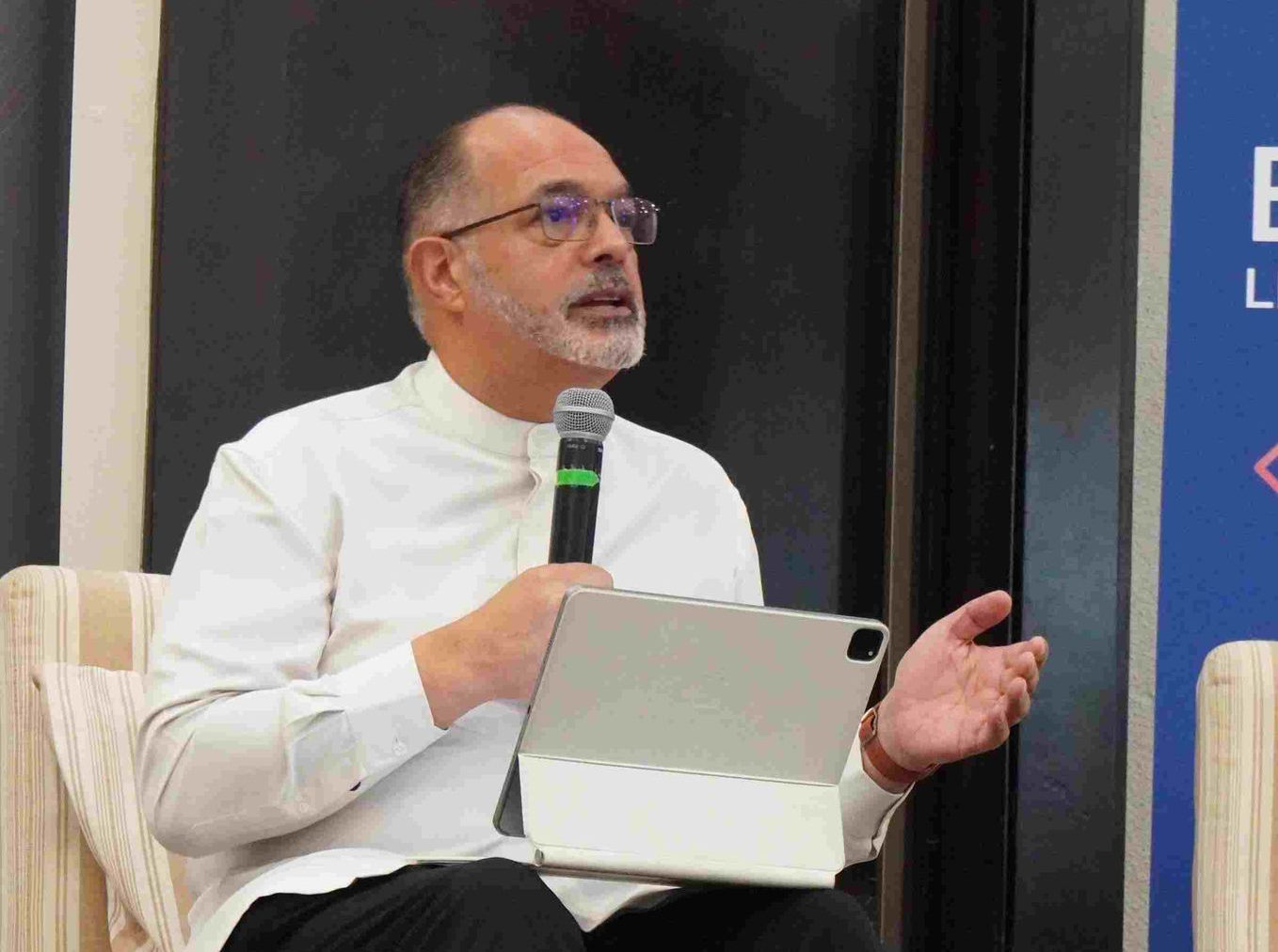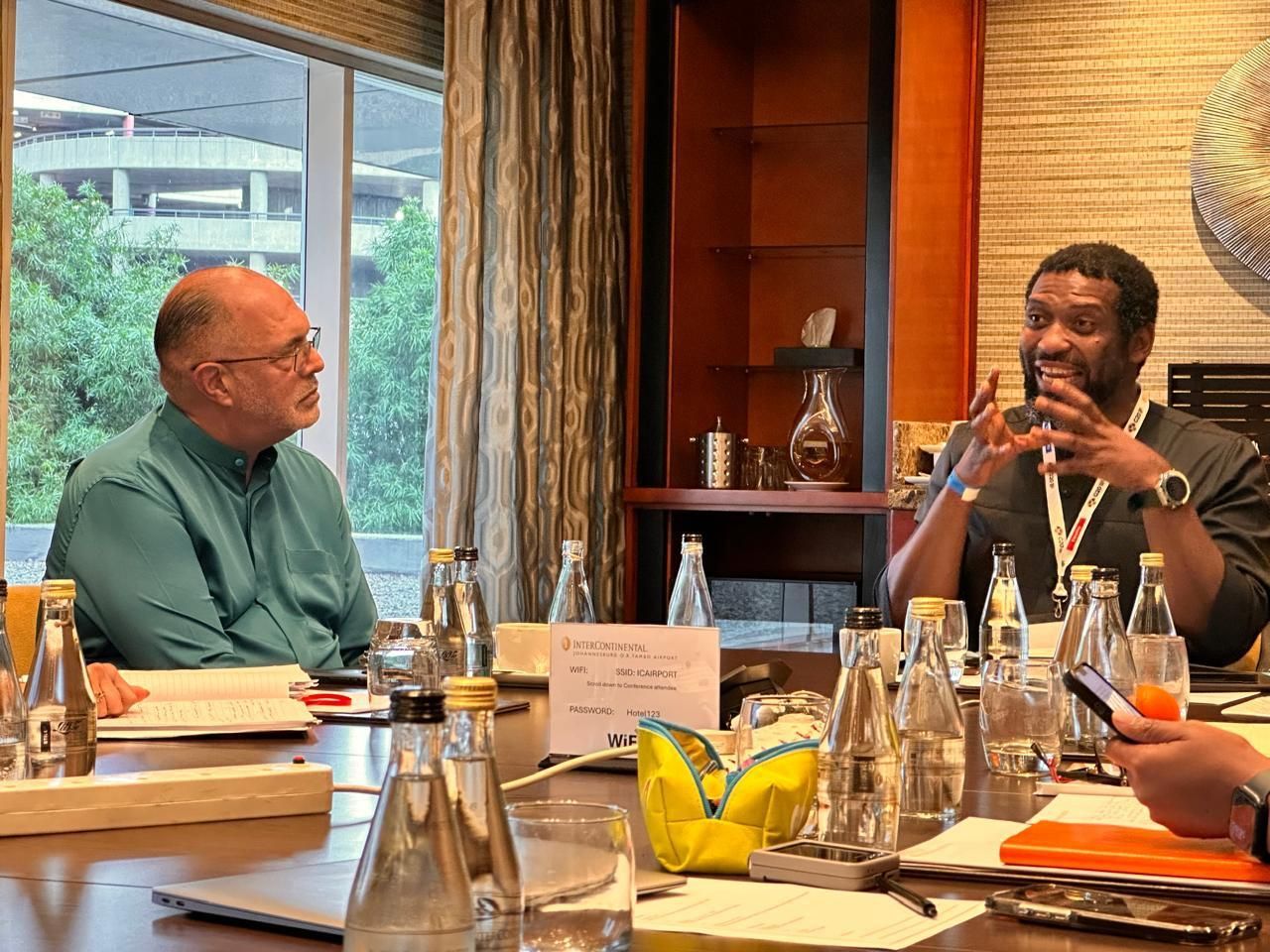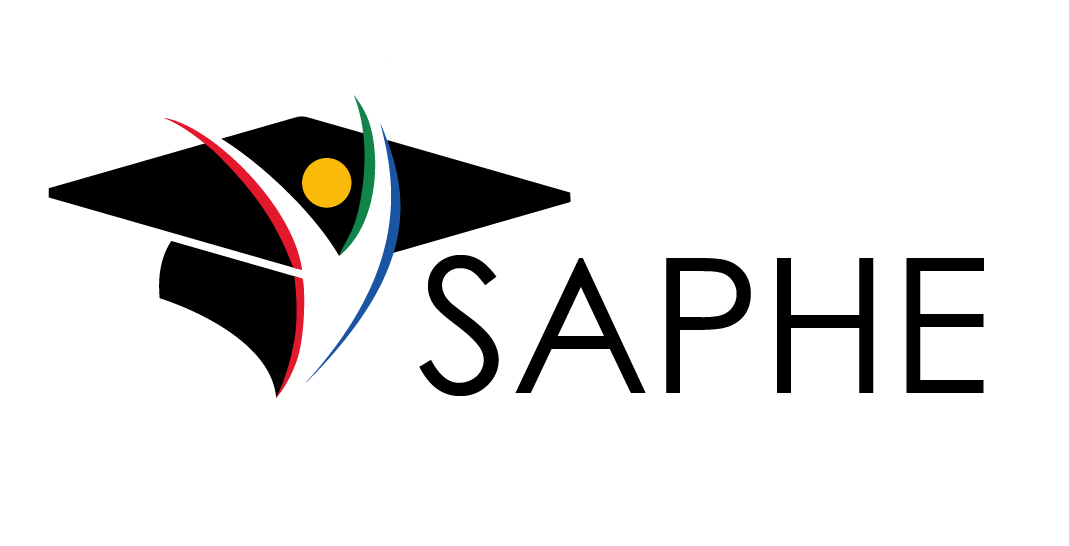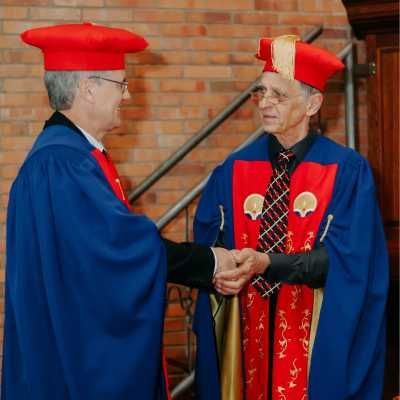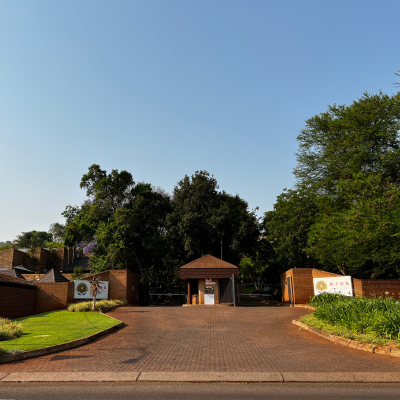Aros inaugurates New Principal
The inauguration of Prof Kobus Mentz as the new CEO of Aros on 20th July 2023 was a celebratory event, marking a new era in the institution's journey.
The event was attended by several key figures in Higher Education and renowned academics, including Prof Gerrit Smit of the AP Akademie, Ms Liana van Rooy, registrar at Akademia, Dr Daan Potgieter, CEO at AON, Dr Jaco Deacon, CEO at FEDSAS, Dr Louis Swanepoel, president of SAOU, and Mr Chris Klopper, outgoing CEO of SAOU.
Prof Mentz is an exceptional educator with a long and illustrious career in the field. For over 30 years, he has been involved in education and the development of teaching/learning materials at various levels and capacities at former Potchefstroom University for Christian Higher Education (PU for CHE) and North-West University (NWU).
As a seasoned researcher, Prof Mentz has published more than 30 articles in accredited scholarly journals, supervised numerous master's and doctoral students, delivered 35 papers at national and international conferences, and has been invited as a guest speaker at conferences in Canada and China. He has also received an award for excellence in teaching from the NWU.
Throughout his career, Prof Mentz has held various management and leadership positions. Most recently, at the end of May 2023, he stepped down as the director of the School of Professional Studies in Education at NWU.
Earlier this year, Aros launched its new campus in Montana Park, Pretoria, and the Aros community expressed their excitement to welcome Prof Mentz as CEO to their new home.
City skyline
Prof Kobus Mentz
Birthday Sparks
Chantal Snyman, Aros registrar, and Prof Kobus Mentz, Aros CEO
Fashion Magazine
Prof Paul Kruger, Chair of the Aros Council, congralutates Prof Kobus Mentz on his new position
Blurred Lines
The newly launched Aros campus in Montana Park, Pretoria

